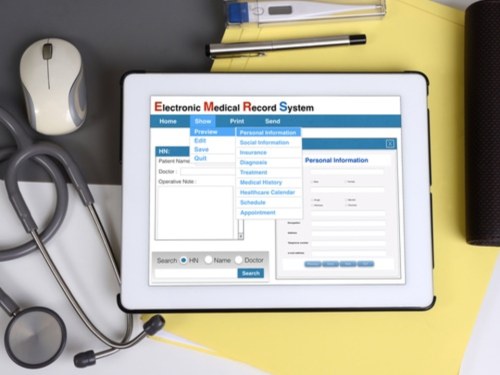As the population ages, ensuring the safety and well-being of seniors has become a priority for families and healthcare providers alike. One essential tool that addresses this need is the medical alert system for seniors. These systems offer peace of mind by providing immediate access to emergency assistance, promoting independence while safeguarding health.
Medical alert systems are designed to quickly connect seniors with emergency services in the event of a fall, sudden illness, or other urgent situations. Typically, these systems consist of wearable devices such as pendants or wristbands equipped with easy-to-activate buttons. When pressed, the device sends a signal to a monitoring center staffed 24/7 by trained professionals who can assess the situation and dispatch help if necessary.
One of the most significant benefits of medical alert systems is the rapid response time they facilitate. In emergencies like strokes or heart attacks, every second counts. Immediate access to help can dramatically improve outcomes and reduce complications. Additionally, many devices now include fall detection technology that automatically triggers an alert if a fall is detected, even if the wearer is unable to press the button.
Medical alert systems also support seniors’ independence by allowing them to live alone with confidence. Family members gain reassurance knowing their loved ones have a direct line to emergency assistance without needing constant supervision. This balance between autonomy and safety is crucial for maintaining quality of life.
Modern medical alert systems often come with additional features such as GPS tracking, medication reminders, and two-way communication capabilities. GPS functionality is particularly valuable for seniors who may wander or become disoriented, enabling caregivers and responders to locate them quickly. Two-way communication allows users to speak directly with emergency operators through their device, further enhancing safety.
Choosing the right medical alert system involves considering factors such as ease of use, battery life, coverage area, and monthly fees. It’s advisable to select a system tailored to individual needs and lifestyle to ensure consistent use and maximum benefit.
In summary, medical alert systems for seniors play a vital role in enhancing safety, providing timely emergency response, and supporting independent living. As technology advances, these systems continue to evolve, offering more comprehensive protection and peace of mind for seniors and their families alike.

